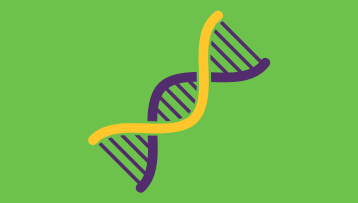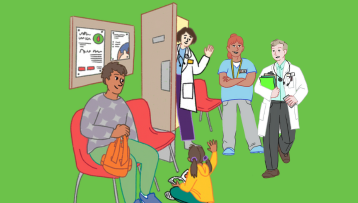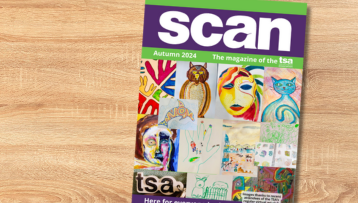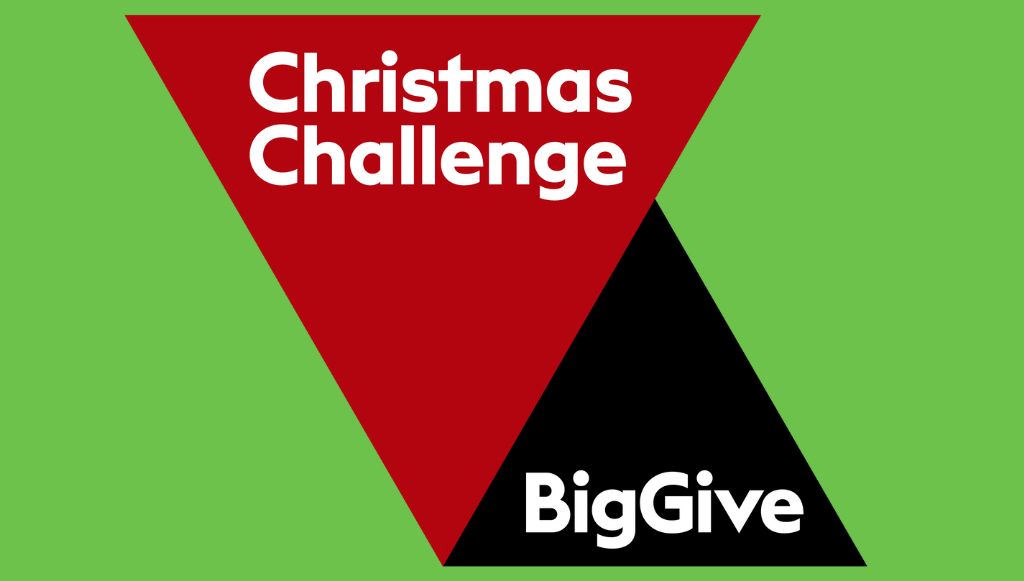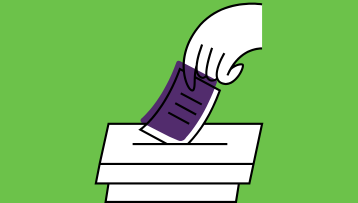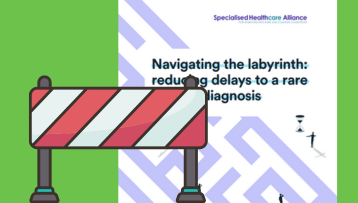In this double-blind, placebo-controlled, phase III trial patients ≥18 years with ≥1 angiomyolipoma ≥3 cm in its longest diameter (based on radiological assessment) and a definite diagnosis of TSC or sporadic lymphangioleiomyomatosis were randomised 2:1 using an interactive web response system to receive oral everolimus 10 mg/day or placebo. The primary efficacy end point was the proportion of patients with confirmed angiomyolipoma response (≥50% reduction in total volume of target angiomyolipomas relative to baseline).
Results
118 patients from 24 centres in 11 countries took part in this study.
They all had at least one AML > 3cm in diameter.
They were aged between 18 to 61years.
They were prescribed either Everolimus (79 people) or placebo (39).
At the end of the first phase treatment was ongoing for 98 patients; two main reasons for discontinuation were enlarging AMLs (none of the Everolimus patients; 9 placebo patients) followed by adverse events (2 Everolimus patients; 4 placebo patients).
The angiomyolipoma response rate (Response defined as > 50% shrinkage) was 42% ([33/79] 95% CI, 31–53%) for Everolimus and 0% ([0/39] 95% CI, 0–9%) for placebo.
Response rate difference, 42%; 95% CI, 24–58%; one-sided Cochran-Mantel-Haenszel test p<0•0001.
The most common adverse events in the everolimus and placebo arms were stomatitis (Mouth ulcers) (48% [38/79], 8% [3/39], respectively), nasopharyngitis (24% [19/79], 31% [12/39], respectively), and acne-like skin lesions (22%[17/79], 5% [2/39], respectively). 97% of patients who took Everolimus showed stabilisation or some shrinkage of their AMLs. In 80.3% the shrinkage was > 30%
Posted on 7th November, 2012












